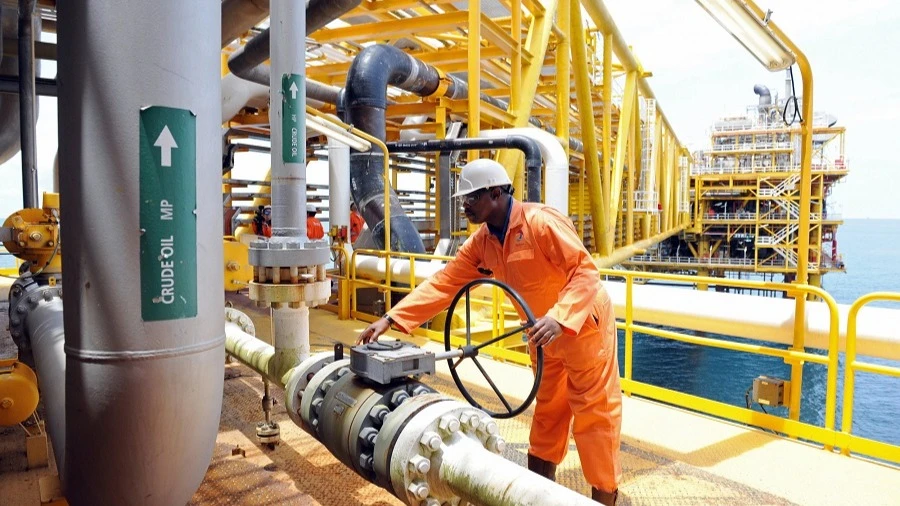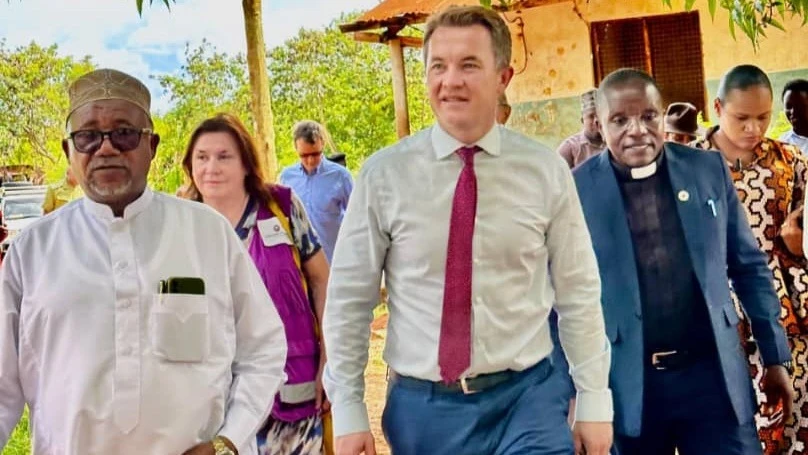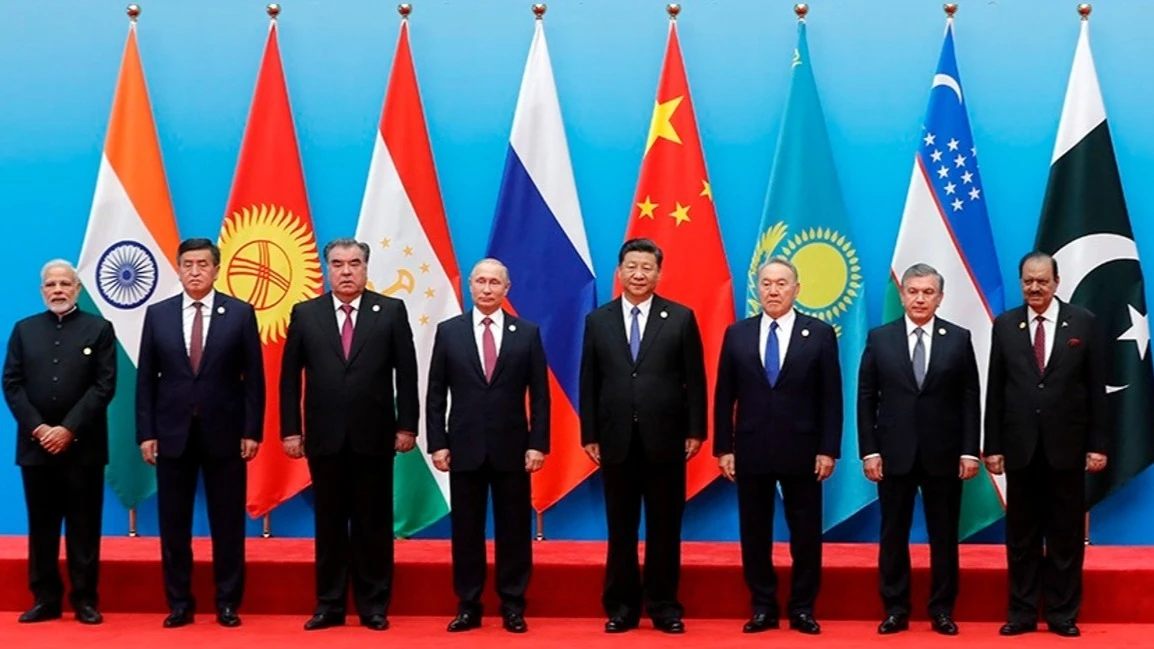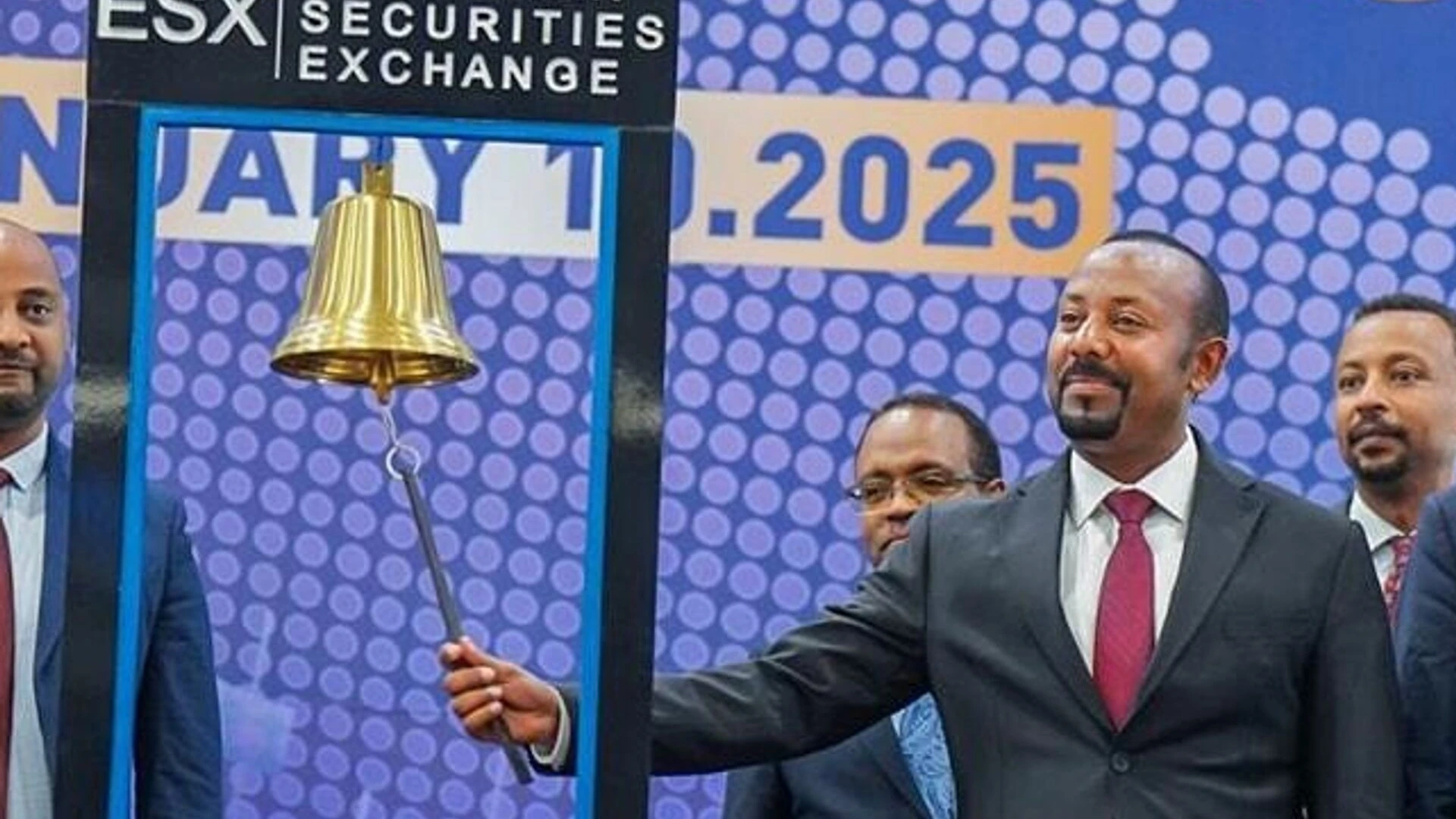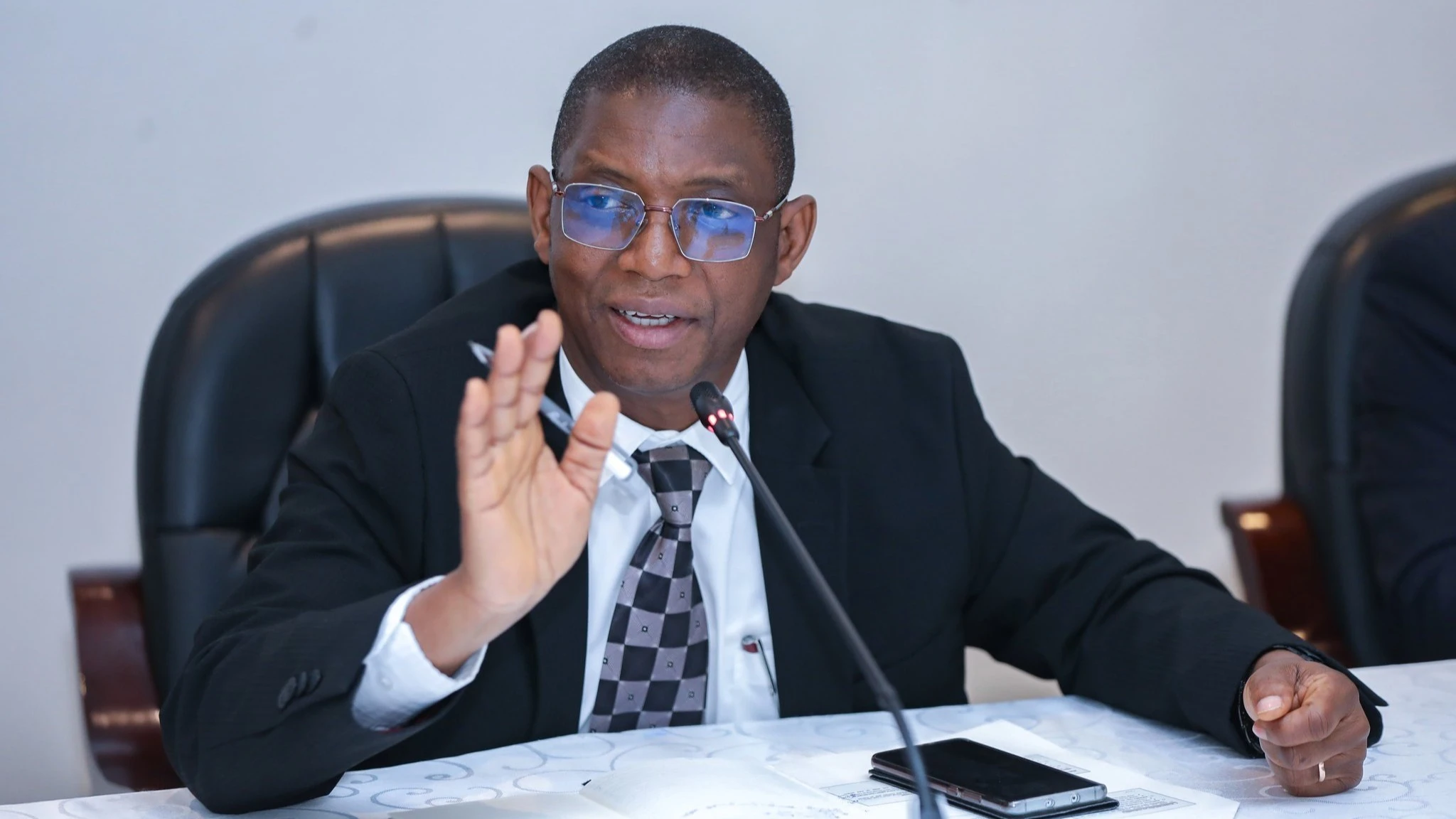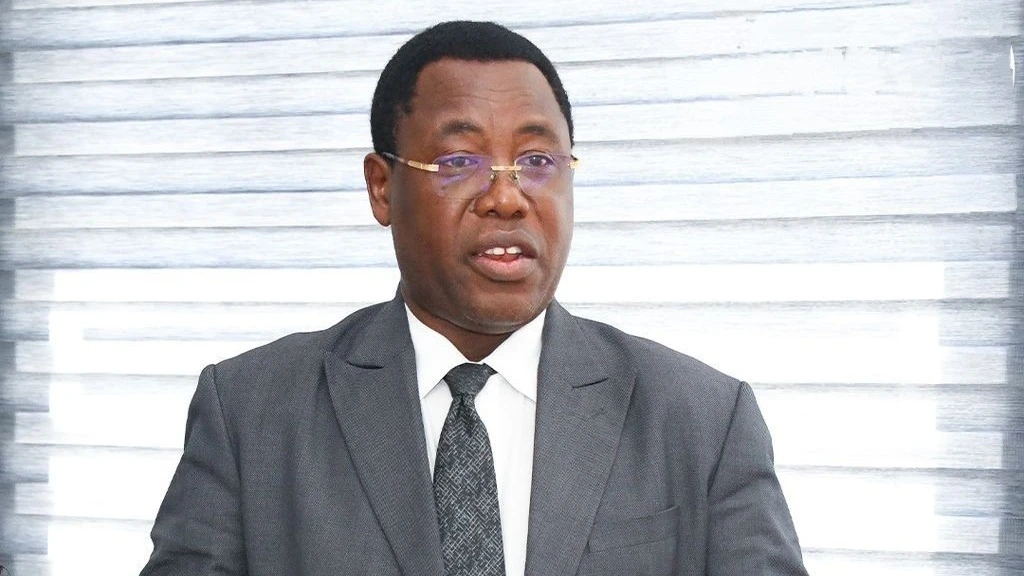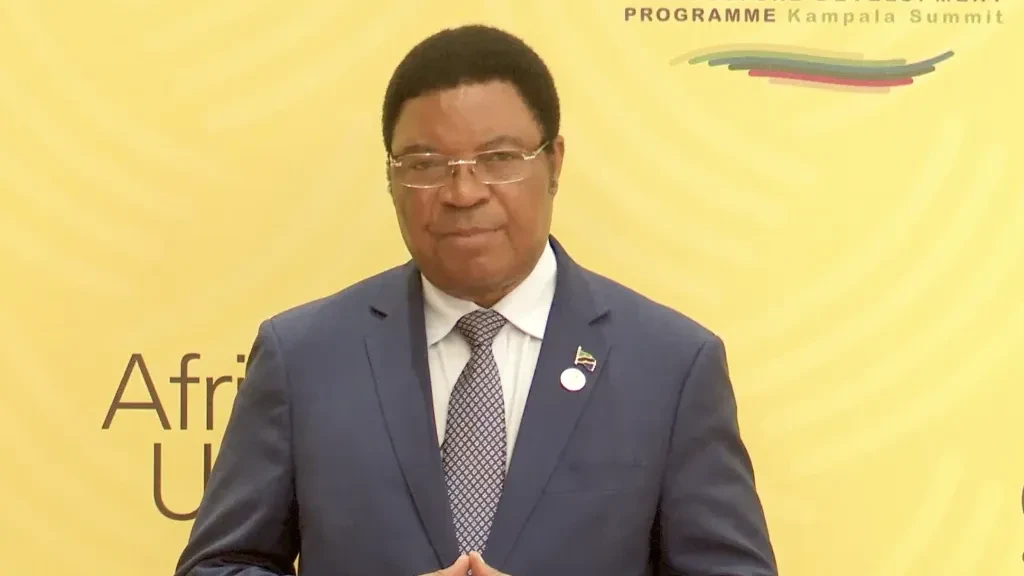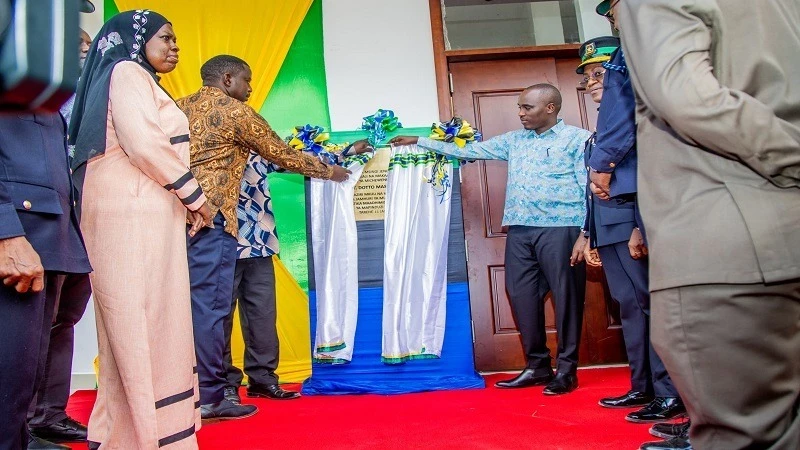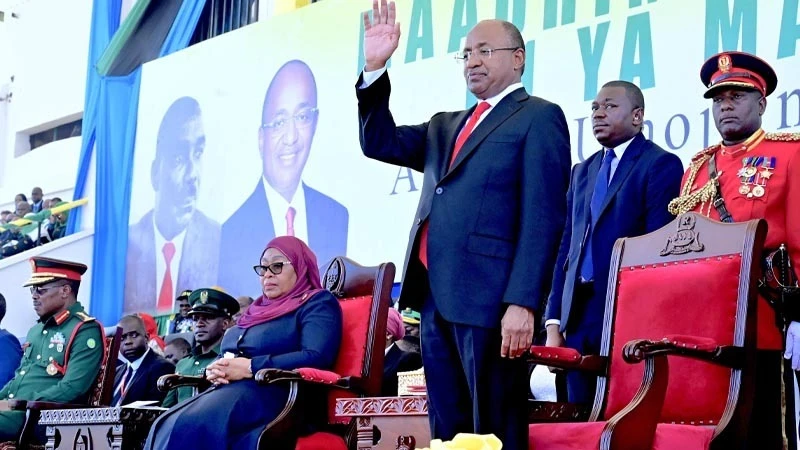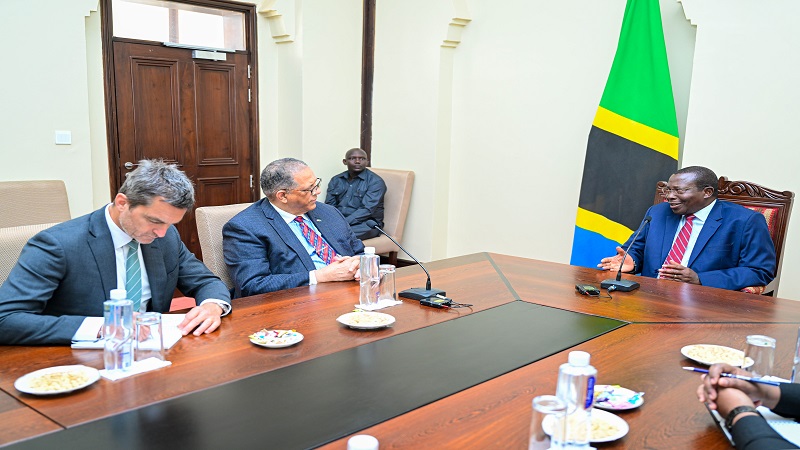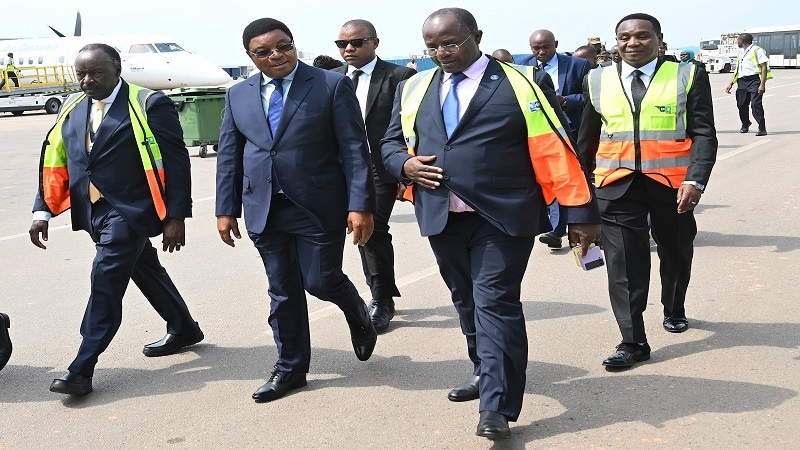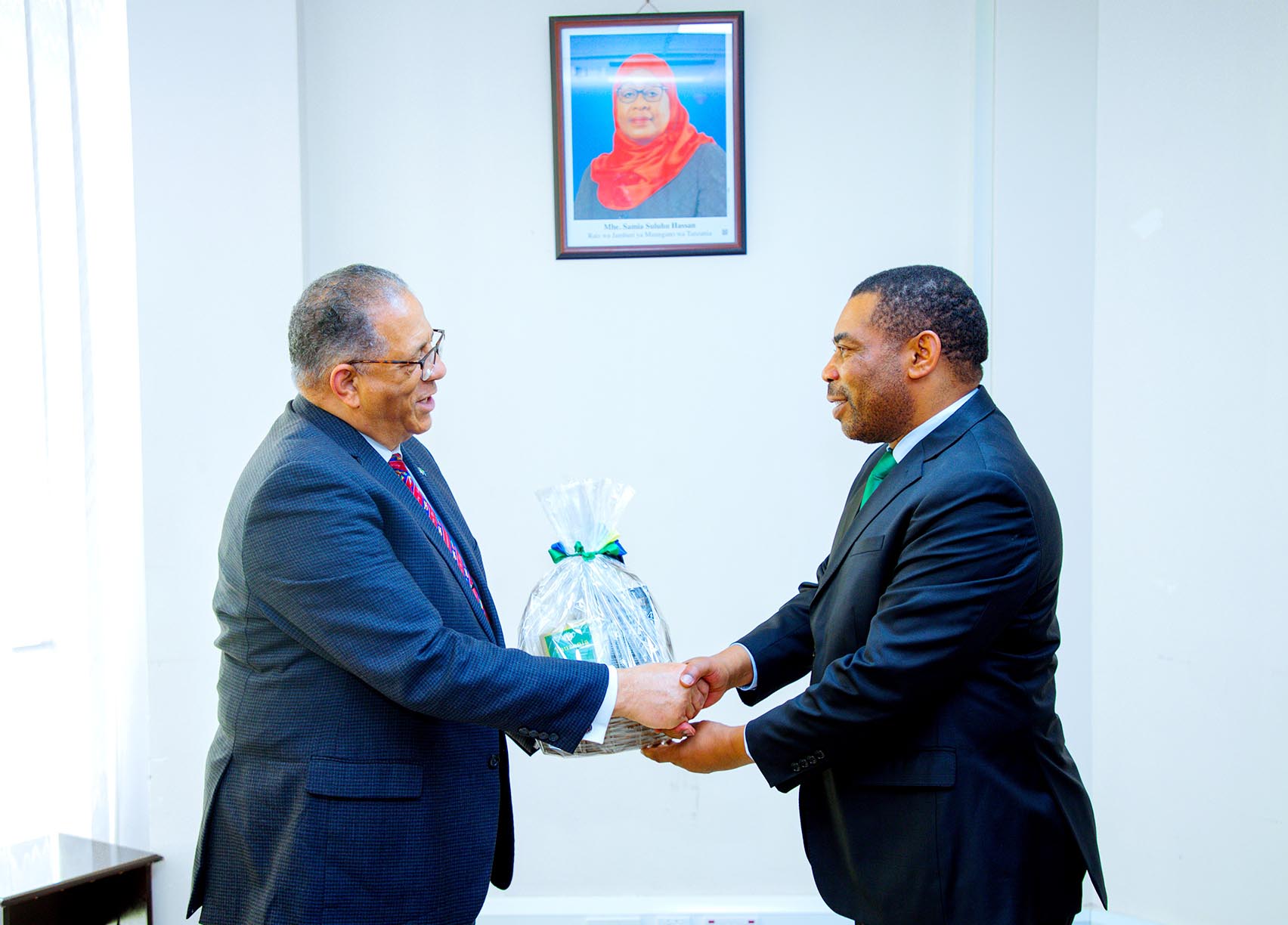Mission 300 Initiative: Tanzania at centre stage to drive Africa’s energy development
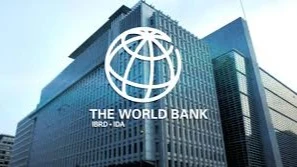
IN a continent where electricity access remains a major challenge, over 685 million Africans—more than half of the population—still lack reliable, affordable energy.
To tackle this, the World Bank (WB) and the African Development Bank (AfDB) have launched the Mission 300 initiative, aiming to connect 300 million people to electricity by 2030.
Tanzania is playing a key role in this effort, hosting a critical summit in Dar es Salaam on January 27-28, 2025, to advance the mission.
Mission 300 seeks to address Africa's energy deficit through collaboration between African nations, global financial institutions, and development partners.
The initiative focuses on infrastructure expansion, renewable energy development, and sustainable growth. Fourteen countries, including Tanzania, Nigeria, Zambia, and the Democratic Republic of Congo (DRC), have been selected to lead the charge in the first phase, aiming to bring transformative change to their energy sectors.
Tanzania, which has already made notable progress in electricity distribution, is set to connect an additional 2.5 million people to the grid between 2025 and 2030. This will bring the total number of Tanzanians with access to electricity to 7.7 million by 2030.
Tanzania’s commitment to achieving 100% electricity access by 2030 is underpinned by its collaboration with the WB and AfDB through the National Energy Compact, which aims to connect an additional 13.5 million people in the next five years.
The African Energy Summit in Dar es Salaam will be a pivotal moment in the continent's energy transformation, with agreements focused on enhancing energy access, reliability, and affordability. One of the key milestones will be the signing of the Africa Energy Compact, prioritizing clean energy sources and ensuring equitable access to energy.
The summit will also introduce National Energy Compacts for 2025–2030, laying out comprehensive plans to expand energy access and promote investments in infrastructure and generation capacity.
Tanzania has already connected 5.2 million citizens to the grid, and with the Mission 300 initiative, it aims to significantly boost electricity access, creating new economic opportunities and improving living standards. The country’s energy capacity has grown from 1,601.84 MW in 2020 to 3,169.20 MW in 2024, with key projects like the Kinyerezi 1 and Rusumo power plants nearing completion.
Innocent Luoga, Commissioner for Electricity and Renewable Energy, emphasized the importance of Mission 300 in bridging the electricity gap and expanding infrastructure in underserved areas.
Under President Samia Suluhu Hassan’s leadership, Tanzania has made energy a national priority, and the upcoming summit marks a critical step toward ensuring energy access as a fundamental right for all.
Mission 300's success depends on the collective efforts of governments, the private sector, international donors, and civil society, driving policy reforms and large-scale infrastructure projects. With Tanzania at the forefront, the initiative is set to shape a more sustainable energy future for Africa.
Top Headlines
© 2025 IPPMEDIA.COM. ALL RIGHTS RESERVED











